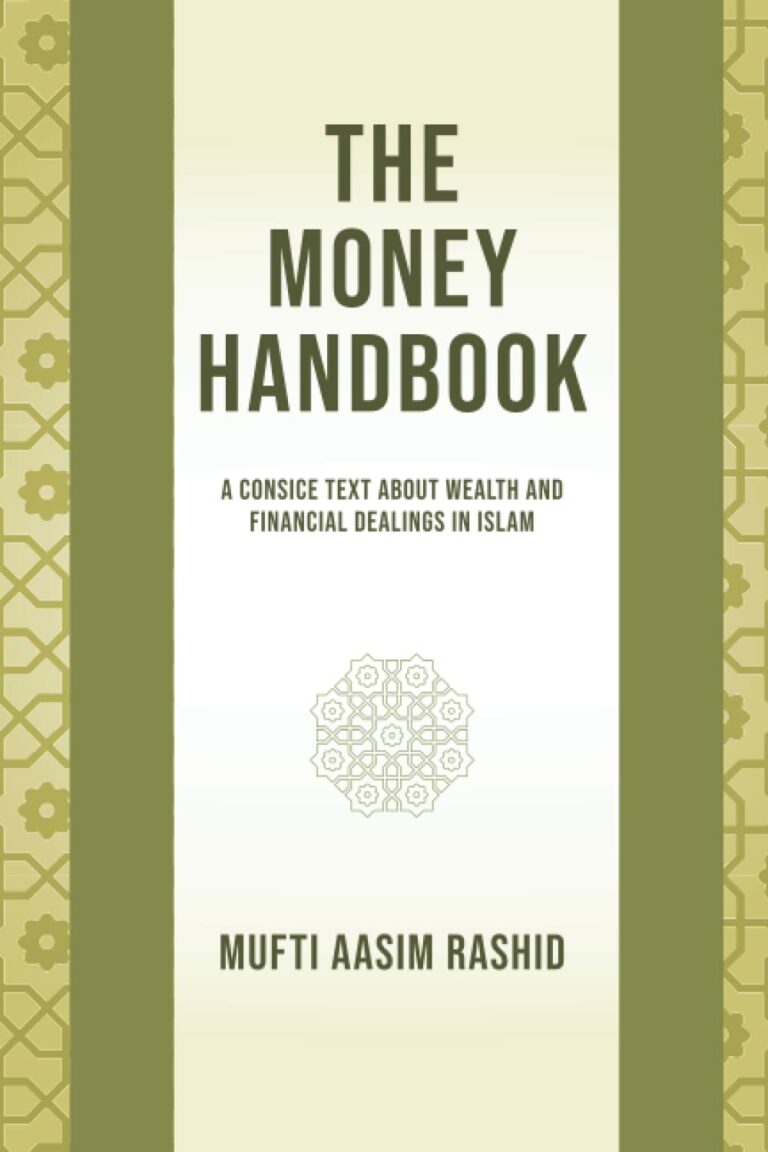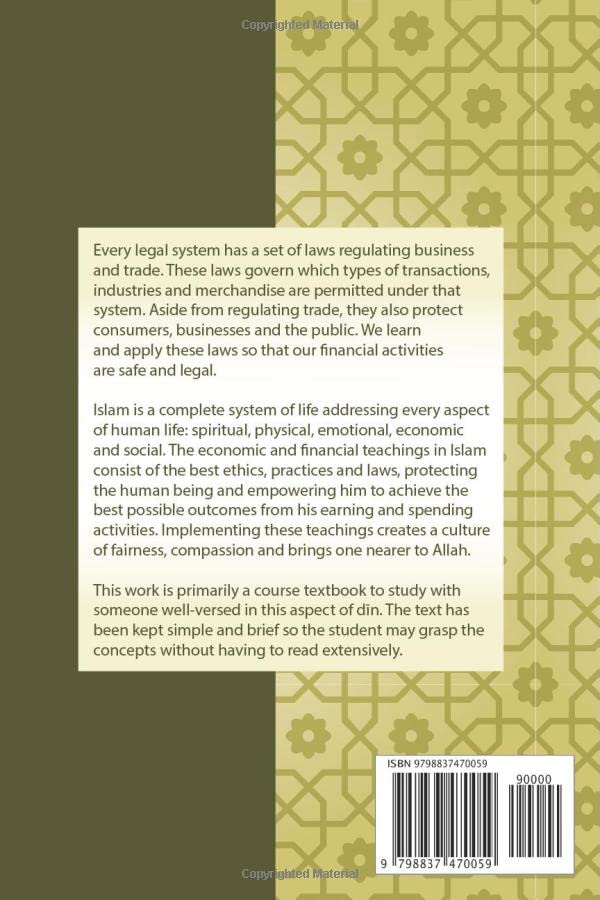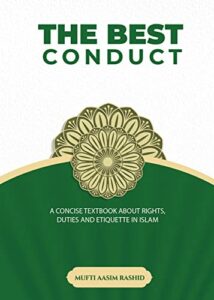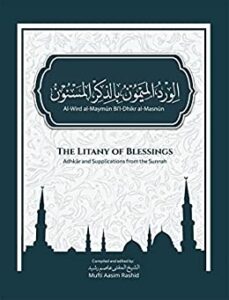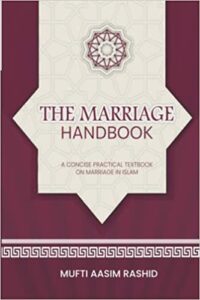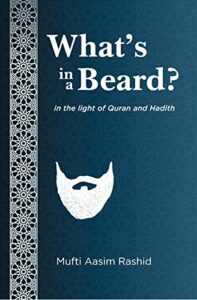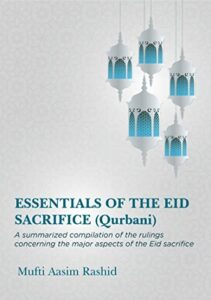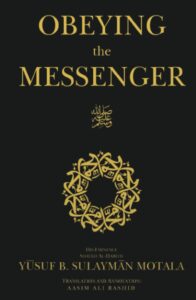Bookstore

SHIPPING ACROSS THE WORLD!
THE MONEY HANDBOOK
by Mufti Aasim Ali Rashid (Author, Editor)
This is a brief work outlining some key aspects of earning and spending in Islam.
The information has been referenced with Qurʾānic verses and hadiths (verses are highlighted in green, hadiths in blue), and care has been taken to simplify the concepts in today’s English while providing examples (in grey) for each concept.
The Arabic fiqh terminology of buyūʿ has been deliberately left out from this edition (except in very places), so the reader can focus on the concepts instead of the technical terms.
Details of juridical differences have been omitted, as this is a primer and the objective is to explain matters of general agreement in mainstream fiqh.
How to Use this Book
This work is primarily a course textbook to study with someone well-versed in this aspect of dīn. The text has been kept simple and brief so the student may grasp the concepts without having to read extensively. The instructor should enrich each lesson by:
- Conveying the relevance of the concepts to the lives of the students
- Contextualizing each concept with examples, anecdotes and scenarios that the students would be familiar with.
- Encouraging students to create scenarios from the concepts. They can share their scenarios:
- orally,
- through writings, charts/diagrams,
- acting them out with others.
- Giving research activities to further their understanding. The research can be about:
- Modern applications of a concept,
- Effect that neglects of certain Islamic ethics has on modern society,
- History or background of a concept
- Explaining the practical implementation and application of each concept
- Helping students understand each concept before moving to the next one. This will involve answering their questions and possibly referring to lengthier works on this subject.
The goal should be to develop a functional understanding of the teachings and their applications in daily life.
I pray that Allah Almighty makes this short work beneficial for all who read, study and teach from.

